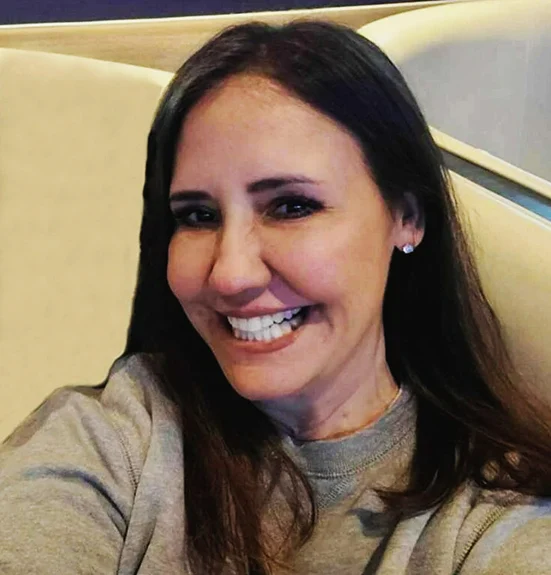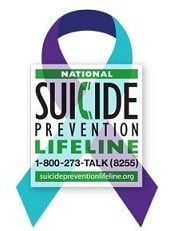Strong, healthy relationships between children and parents come with hard work. It takes a lot for people to understand each other and accept frustrations that naturally come with a home filled with multiple personalities. Family counseling can help you maneuver many of the road blocks that come with family life, and it can help to decrease the amount of stress in a household. Whether your family has recently gone through a difficult situation or you’re simply dealing with opposing views, attitudes, and personalities, a family counselor can greatly improve your family’s well-being. Here are a few reasons why family counseling is so helpful for families of all kinds.
A Single Family Member Dealing with Issues Affects Everyone
It has been said that a parent is only as happy as their unhappiest child, and that saying exists for a reason. When one member of a family is dealing with difficulties, it affects every member of that household. When a child isn’t happy, his or her parents aren’t very happy, and as a result, their other children suffer. The same situation works the other way: when a parent is unhappy, his or her children can easily sense it and find it difficult to be happy as well. As you can see, it takes everyone in a family to work through situations together to build a healthy relationship and positive well-being for every member. Family counseling can provide customized therapy for each member of a household, as well as group sessions for everyone to share opinions in a safe environment.
Family Counseling Helps to Surface Difficulties before They Emerge
If you’re a parent with young children and can sense there may be something wrong with one of your children, family counseling can help to bring forth those potential problems and work to correct them before they become a real issue. Mental issues among children include violent behavior, anti-social tendencies, and more. Every parent wishes the best for his or her child and wants nothing more for them to be happy and feel like a regular kid. Family counseling can help to identify and correct an issue without making the child feel as if they’ve done something wrong.
Family Counseling Can Be Adapted to Every Household Member or Situation
Family counseling can be offered to help a young child, teenager, or adult dealing with any type of personal issue. Family counselors are knowledgeable in the many aspects of psychology that differ between age and the varying stages of life. They can also provide individualized therapy and group sessions, or a combination of both. Therapists are trained to handle the multiple aspects of family life that can cause many difficulties and frustrations for both parents and children. These include dealing with divorce, puberty, death, and more. Family counseling provides each member a protected environment to voice their views and concerns, with the knowledge that there will be no judgment or raised voices involved.
Family life is often complicated and overwhelming to handle by yourself. No one has all the answers, and a family counseling program can be truly helpful to any family no matter their circumstance or situation. Give Tracy E. Crain LPC, licensed family counselor, a call at (817) 283-4300 for customized family counseling programs.






